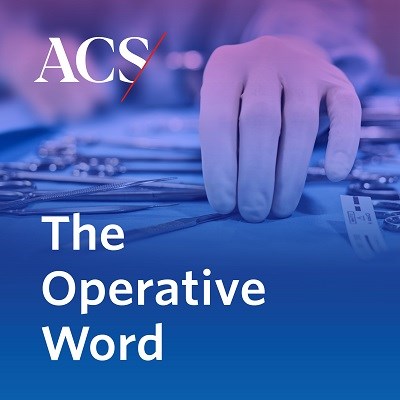As the ACS prepares to formally launch its Power of Quality campaign—an initiative aimed at elevating the importance of delivering quality surgical care for every patient in every community—the work of the ACS Quality Programs continues to show positive results. According to research published online in the Journal of the American College of Surgeons (JACS), an ACS quality improvement program designed to specifically improve pediatric surgical care in US hospitals reduced surgical wait times, cut hospital stays by more than a day, and significantly curbed narcotics use in children who had major operations for traumatic femur fractures.
The researchers looked at metrics for pediatric traumatic femur fractures before and after the adoption of the quality improvement initiative, known as the Children’s Surgery Verification (CSV) Quality Improvement Program, at the University of California Davis Children’s Hospital in Sacramento.
“There was a significant decrease in admission-to-operating room time by approximately 25%, as well as total length of stay, an approximate 31% reduction,” said lead study author Carter White, MS, a 4th-year medical student at UC Davis. “There was also a decrease in narcotics administration in both the preoperative and postoperative periods—in the preoperative period, about a 42% reduction and in the postoperative period, about a 64% reduction.”
The ACS introduced and piloted the CSV program in 2015; the UC Davis Children’s Hospital was verified with a Level I CSV designation by the program in 2016. The hospital has maintained its status as an ACS Level 1 pediatric trauma center since 2005.
The researchers also found that when pediatric patients with traumatic femur fractures were treated by only pediatric subspecialists rather than surgeons and care teams that also treat adults, they received about 43% fewer narcotics overall.
Senior study author Brian M. Haus, MD, an orthopedic surgeon at UC Davis Children’s Hospital, said requirements also include operating rooms dedicated to pediatric surgery. The CSV requirement for personnel dedicated to pediatrics applied even though UC Davis Children’s is a children’s hospital within an adult hospital, with age 18 years being the demarcation between pediatric and adult specialists, Dr. Haus said. Before the CSV designation, both adult and pediatric surgeons performed needed operations for pediatric patients.







